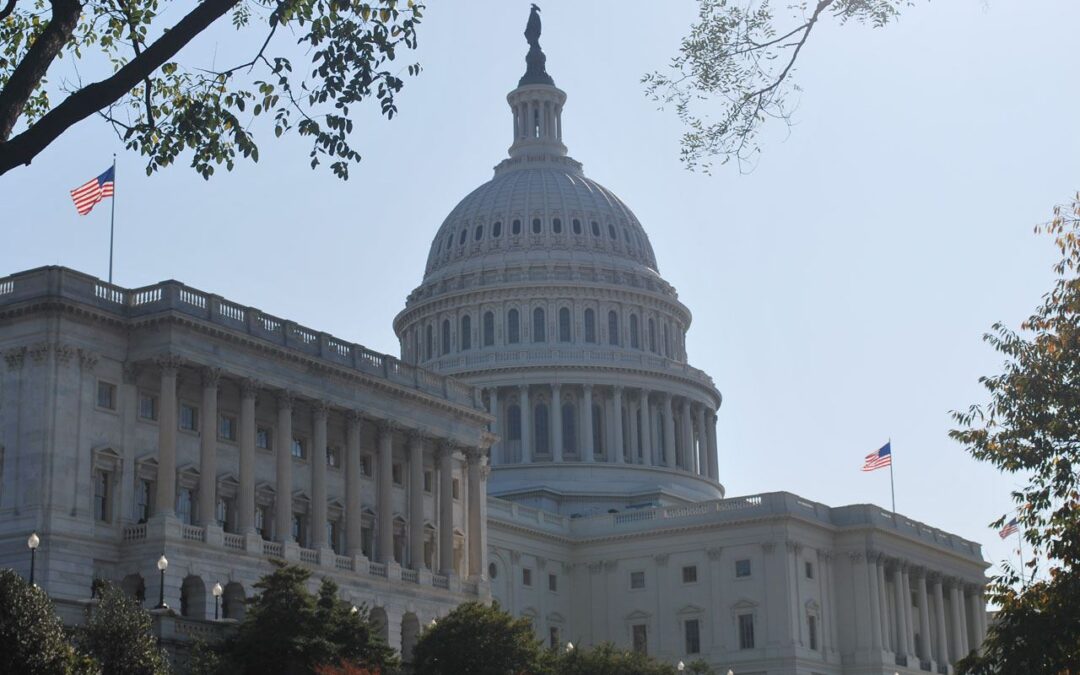The U.S. House of Representatives has approved an amendment backed by ACRA to double the size of the Historic Preservation Fund (HPF) and make it a permanent program.
The amendment was offered by Rep. Teresa Leger Fernandez (D-NM) to a surface transportation reauthorization bill; the House subsequently passed the underlying bill. It increases the amount authorized to be spent from the Fund each year from the current $150 million to $300 million and changes the law so that Congress will no longer need to renew the Fund every few years for it to continue.
The HPF helps the National Park Service administer heritage programs such as the National Register of Historic Places and the Historic Tax Credit Program. State and Tribal Historic Preservation Offices (S/THPOs), which also are partially supported by the HPF, are additional key players in these programs tasked with survey and inventory of America’s historic resources. The Fund is financed by offshore oil leases. In recent years, demands for HPF funding have exceeded what the Fund is legally allowed to spend. The need for full funding of the HPF has become more critical in recent years as SHPO responsibilities have increased, new THPO offices are established, and competitive grant programs are created and expanded. The current economic crisis has only exacerbated the problem, as states seek ways to cut their own budgets, further imperiling SHPOs.
The passage of Rep. Leger Fernandez’ amendment is a major step forward for the Fund, but it does not mean that more monies will automatically start flowing. First, her amendment needs to survive the back-and forth negotiations over the transportation bill with the Senate, which may be complicated by the intense jockeying the broader debate around infrastructure funding.
Second, even if the amendment is enacted into law, that does not necessarily mean that $300 million will flow through the Fund each year, because Congress still needs to appropriate the funding on an annual basis. (In essence, the authorization provides a ceiling on what Congress can allow the Fund to spend each year, while the appropriation is the actual amount Congress lets the Fund spend, up to that ceiling.) To date, Congress has yet to provide the full $150 million that is currently authorized, but it has dramatically increased the amount in recent years thanks, in part, to lobbying by ACRA and others.
ACRA is working with its allies to ensure that Rep. Leger Fernandez’ amendment stays in the bill and to see to it that, once it does, Congress provides the full amount.

